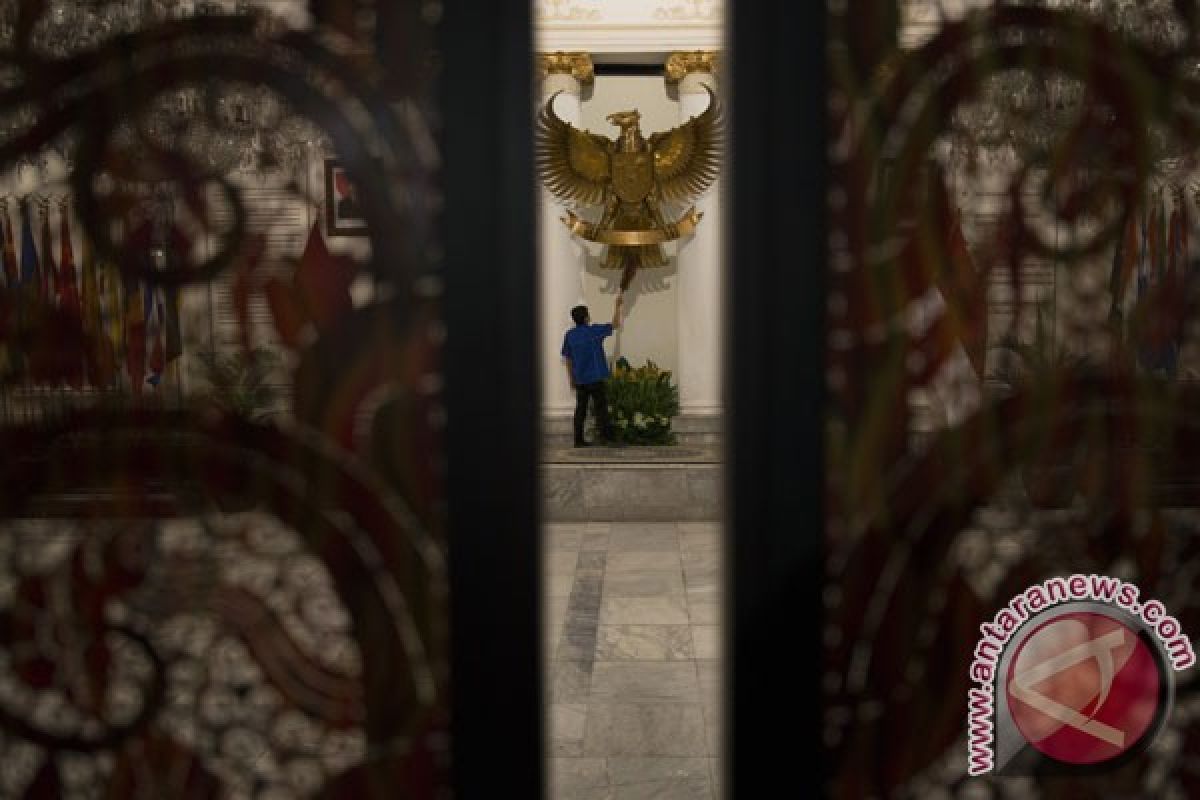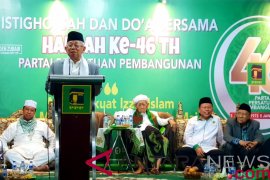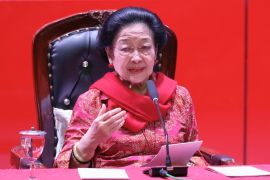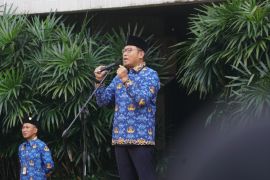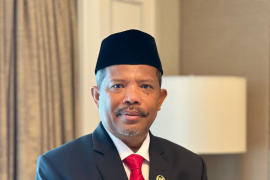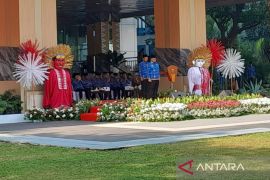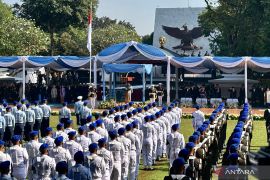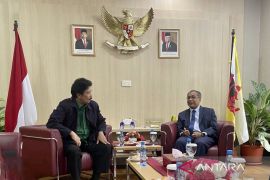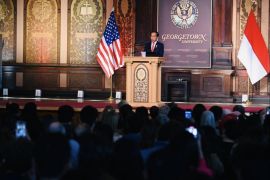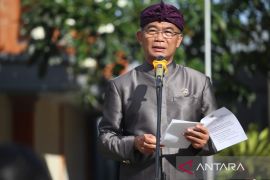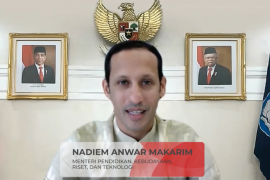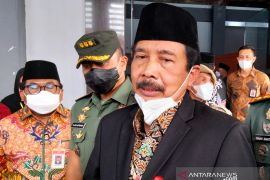Looking back 71 years on June 1, 1945, during the assembly of the Investigating Committee for the Preparation of Indonesian Independence, one of Indonesias founding fathers, Sukarno or better known as Bung Karno, had presented the idea of Pancasila to serve as the basis of the newborn republic.
Hence, Megawati Soekarnopurty, the fifth president of Indonesia, had emphasized that without Pancasila, NKRI would have never come into existence.
Even with Pancasila, Bung Karno, at the time, was able to initiate the unity of Asia-African countries, which held the first Asian-African Conference in the West Java provincial capital of Bandung in 1955.
For the people of Indonesia, Pancasila is a way of life, comprising basic principles that should be followed in order to realize a just and prosperous society.
Hence, it comes as no surprise that President Joko Widodo (Jokowi) during an event to commemorate the birth of Pancasila in Bandung on Wednesday designated June 1 as an official national holiday.
Pancasila has become the official philosophical foundation of the Indonesian state promulgated by the countrys first President Sukarno.
The word "pancasila" is translated from Old Javanese as "five principles." Sukarno formulated these principles to unite the diverse archipelago populated by hundreds of ethnic groups.
The five original principles presented by Sukarno to the Investigating Committee for Preparatory Work for Indonesian Independence were: believe in one God Almighty, humanity that is just and civilized, the unity of Indonesia, democracy guided by the wisdom of representative deliberation, and social justice for all Indonesians.
By embracing the Pancasila state ideology, President Jokowi stated that the diversity and differences existing in Indonesia did not pose an obstacle to the country in building democracy.
By following the state ideology of Pancasila, the president expressed optimism that the state would be able to face the future through realizing developmental progress and winning the global competition.
Pancasila, the five basic principles of the Republic of Indonesia, serves as the value system of life that has been constantly developed and passed down the generations.
The foundation and symbol of the state, Pancasila, serves as the main cohesive power to maintain the integrity and entity of the Unitary State of the Republic of Indonesia.
Therefore, all parties have to stay on guard against the efforts of certain groups who want to undermine the ideology of Pancasila, which aims to unify Indonesia.
In light of this, all government policies should take a cue from the philosophy of Pancasila that ensures social justice for all Indonesians.
The interpretation of Pancasila in the present day context was a natural thing to do, but it should not evolve into a reason to create divisions in the country.
People may assess Pancasila differently, its values should be firmly held by the people of Indonesia who will also continue to promote the understanding of the values of Pancasila among the younger generation.
Since Indonesia gained independence on August 17, 1945, Pancasila has often been undermined by various parties, but until this day, it remains the nations ideology.
Therefore, the people should be wary of the latent dangers of changing the nations foundation.
Prof Gufran Ali Ibrahim of the Khairun University in Ternate, North Maluku, has stated that the younger generation no longer upholds and practices the values of Pancasila in their day-to-day lives.
According to him, even many of the young people have failed to memorize the five principles of Pancasila, and no longer apply the values of Pancasila, and therefore, character education was necessary to handle the situation.
President Joko Widodo has, on several occasions, highlighted the importance of mental revolution.
Besides this, the values of Pancasila should be revived in social life in order to suppress the spread of the ideology of radicalism and terrorism.
The ideology of radicalism and other similar ideologies really run contrary to Pancasila, the ideology and values of radicalism and the like must be eradicated completely.
One of the phenomena in the globalization era is the occurrence of cross-border values between nations and even between communities or groups of smaller communities.
Among the cross-border values or ideology is radicalism. People harboring this kind of ideology always consider themselves to be correct, and they ignore the basic rights of others.
No wonder, radicalism and other similar ideologies are contrary to Pancasila, whose ideology should continue to be upheld and strengthened in order to enable the people from diverse religious backgrounds, ethnicity, races, customs, and cultures to co-exist in perfect harmony, peace, and tolerance.
On the other hand, the minister also called on all parties to build a superior civilized nation, which is able to demonstrate its character and identity without losing the opportunity and ability to communicate with other nations.
(T.O001/INE/KR-BSR)
Reporter: Otniel Tamindael - (d)
Editor: Priyambodo RH
Copyright © ANTARA 2016
